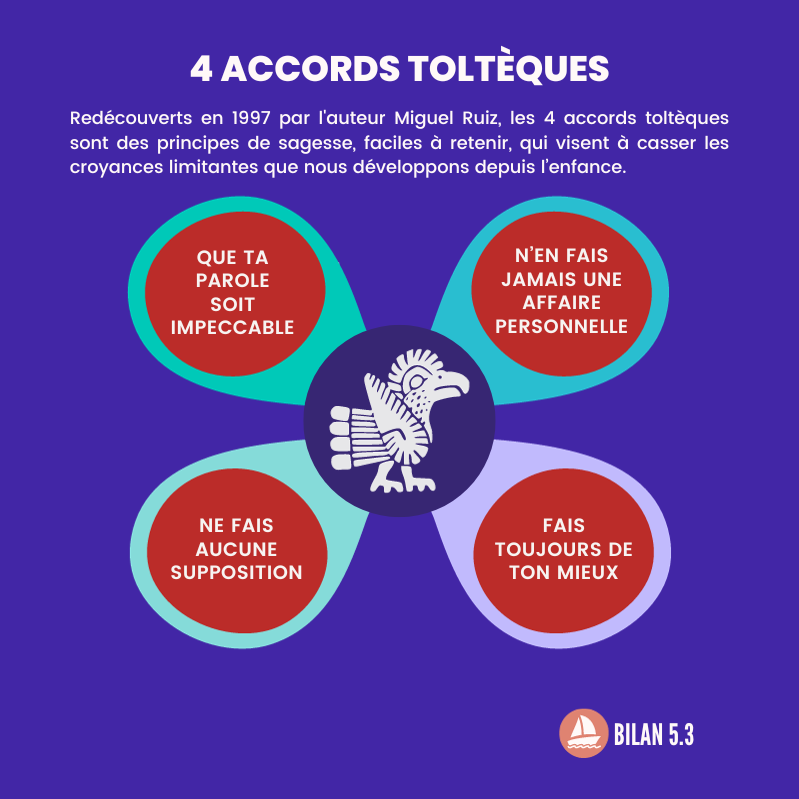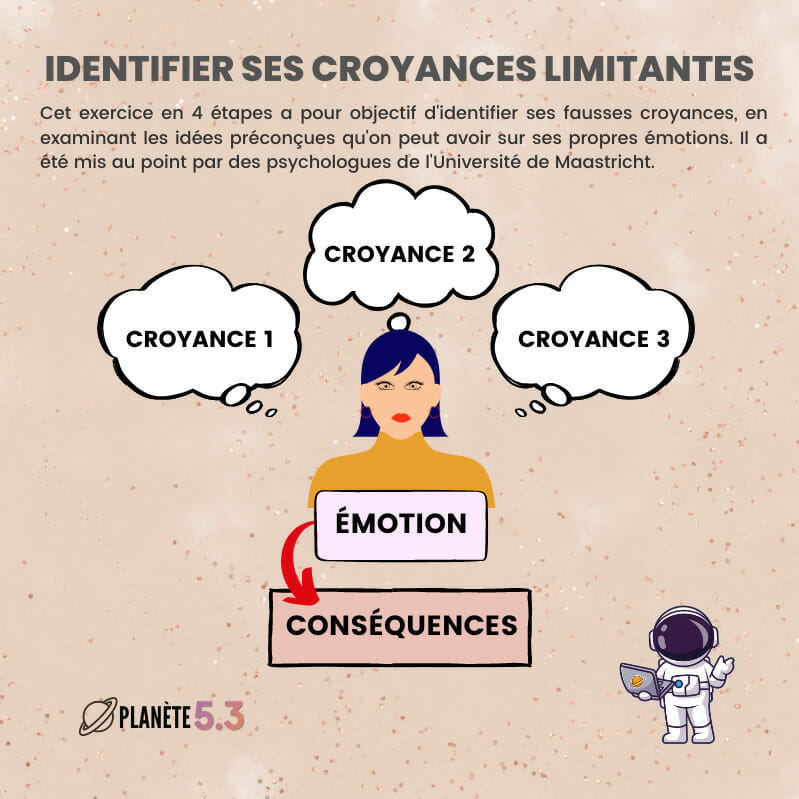We tend to listen to people who tell us things we would like to believe. Conversely, we ignore those who tell us what we wish to be wrong.

- Motivated beliefs are beliefs related to a personal goal or situation, more important than accuracy.
- For example, a smoker does not want to learn more about the risks of cancer, but prefers to think about the benefits he associates with cigarettes.
- When people with the same opinion discuss, they can thus reinforce the biases in which they believe.
It would be better to form our opinions on objective facts and indisputable truths. For researchers at the University of California, this idea is futile: we tend to be interested only in what we agree with. They publish the evidence in a study published in Journal of the European Economic Association. This phenomenon is called thereasoned beliefs“and can have far-reaching consequences.
A common wish: to be in the high IQ group
In this study, the researchers used laboratory experiments to study the evolution of biases. They sought to understand if they got worse when people exchanged with each other. The participants in this research were formed into pairs, according to their level of IQ. Thus, people with scores above the median were together, and those with lower scores formed other pairs. The scientists then struck up a conversation among themselves about a topic that they all wanted to be true: their membership in the high IQ group.
Biases reinforced by exchanges
The findings of this experiment show that pessimistic people, in the high IQ group, tend to become significantly more optimistic when paired with someone who is more optimistic than them. On the other hand, an optimistic person does not change his beliefs if he exchanges with someone who is pessimistic. According to the researchers, this effect is reinforced in the low IQ group. The results suggest that bias amplification is related to people assigning higher informational value to social cues that reinforce their pre-existing motivation to believe. When the researchers gave the participants unbiased information about their group, this eliminated the biases created by the exchanges. Providing reliable sources of information could therefore reduce “reasoned beliefs” in certain contexts.
A risky phenomenon in the internet age
“This experience lends credence to many popular suspicions about the aggravation of biased beliefs in the age of the internet“, explains Ryan Oprea, one of the authors of the article. Much of the information available today is on social networks, but it is difficult to estimate its quality. “As a result, we are often left to decide for ourselves how accurate various opinions and sources of information are and how much weight to devote to them.“, continues the researcher. However, as according to this study, we would be more likely to believe what we already agree with, it seems difficult to fight against the fake news on social networks.














